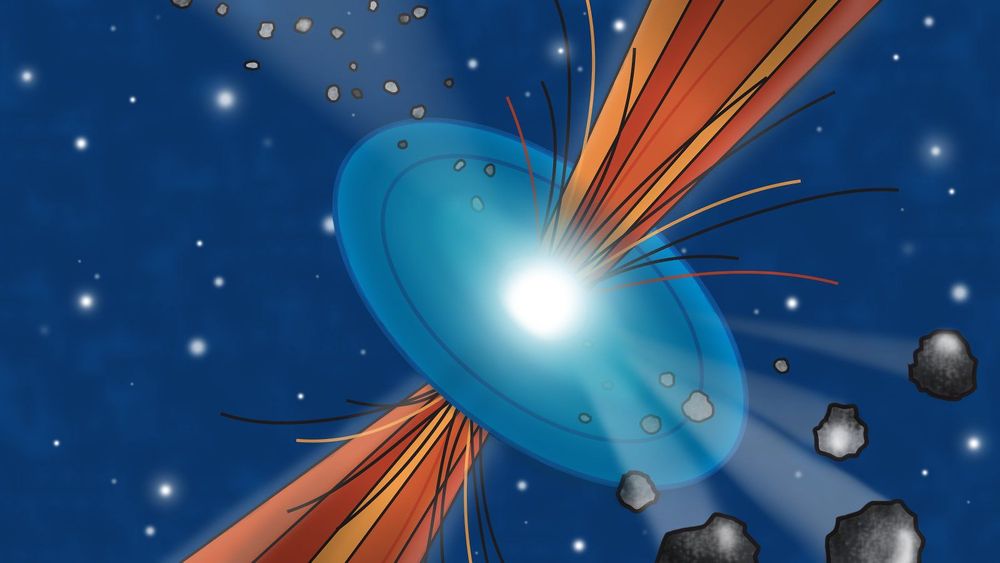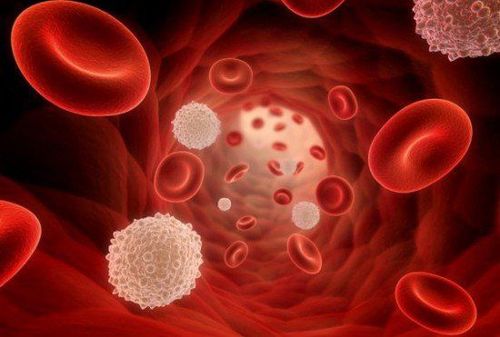This is an automatically translated article.
Blood cancer is a type of malignant cancer, appearing when the body begins to have a sudden increase in white blood cells. Malignant blood cancers are often divided into several different types. The treatment of blood cancer is also very complicated, expensive and has a very high mortality rate.1. What is blood cancer?
Blood cancer (acute leukaemia) is a disease that occurs because the blood cells are cancerous in the process of creating cells, they will multiply very quickly and if not treated in time it will stagnation in the bone marrow, hindering the process of creating the next normal blood cells
Blood cancer is a common disease in children, accounting for about 30% of pediatric cancer patients. Statistics show that every year in the US, a person is diagnosed with blood cancer every three minutes, and every nine minutes someone dies.

Việc điều trị bệnh ung thư máu cũng rất phức tạp, tốn kém
2. How many types of blood cancer are there?
There are three types of blood cancer including leukemia (36%), lymphoma (46%) and myeloma (18%).
2.1 Leukemia Leukemia has an important infection-fighting function in the immune system, often comes on suddenly, progresses rapidly, and requires urgent treatment. In acute leukemia, the body produces a large number of immature white blood cells, which block the bone marrow, preventing the bone marrow from producing blood cells. needed to build a balanced immune system and healthy blood flow.
At the same time, when the white blood cell increases in number, the mutation will make it lack food and force it to eat red blood cells, causing a shortage of red blood cells in the body.
2.2 Lymphoma Lymphoma is a type of blood cancer that greatly affects the lymphatic system - an important part of the immune system, which helps protect the body from pathogens such as bacteria and certain diseases. other.
When there is lymphoma, it means that the body has overproduced lymphocytes in a disorganized manner and these lymphocytes persist for a long time, causing overload, damaging the body's immune system. .
Lymphoma can develop in many parts of the body, including lymph nodes, bone marrow, spleen and other organs.
2.3 Multiple myeloma (a type of myeloid blood cancer) This is a blood cancer involving plasma cells. This plasma cell, found in the bone marrow, produces antibodies that help fight infections in the body
In multiple myeloma, abnormally large numbers of plasma cells accumulate in the bone marrow affecting the Immune System.
3. Why have blood cancer?
The cause of blood cancer is still unknown, but several factors can cause the disease such as:
Exposure to radioactive sources, as was the case with the atomic bomb victims in Japan at the end of the day. World War II, Chernobyl nuclear reactor explosion accident (Ukraine) in 1986 or in patients receiving radiation therapy. Cancer patients are treated with drugs and chemotherapy. Working in an environment with many chemicals such as benzene, formaldehyde. Some diseases are caused by genetic changes such as Down syndrome, viruses or some blood diseases.

Tiếp xúc với các nguồn phóng xạ có thể là nguyên nhân gây nên bệnh ung thư máu
4. Symptoms of blood cancer
Blood cancer symptoms depend a lot on the number of malignant white blood cells in the blood as well as on where these cells affect the body.
Therefore, the patient in any form of disease, the symptoms in that disease form are also different.
When cancerous white blood cells grow rapidly in the marrow, it causes bone pain. At the same time, they displace and reduce the growth of other normal blood cells. At that time, the patient may have the following symptoms:
Red spots: Red or purple spots on the skin are the result of a decrease in the number of platelets in the body. Headache: Severe headache, accompanied by sweating, pale skin. Due to the decline in blood flow to the brain, the brain is not supplied with enough oxygen, causing headaches. Bone pain is one of the main symptoms of blood cancer. The pain can appear depending on the severity of the disease and usually occurs in the joints of the legs, knees, arms and back. Swollen lymph nodes: This is a common symptom in blood cancer patients, but it does not cause pain. Pale skin, the body always feels tired Nosebleed: Nosebleeds are quite common, but if in the case of heavy bleeding, continuously for many days, you should immediately consult a doctor as soon as possible because This may be the result of a decrease in the number of platelets - cells that stop bleeding. Frequent high fever: This symptom occurs because the patient with blood cancer has a severely reduced immunity Abdominal pain: When the blood cancer has spread to the liver and spleen, it can cause swelling in the organs. this part. As a result, patients often experience abdominal pain, bloating, loss of appetite, nausea, or vomiting.
5. Prevention of blood cancer

Tập thể dục thường xuyên giúp hạn chế nguy cơ ung thư
Avoid contact with chemicals: Chemicals such as herbicides, benzene, etc. are one of the main risks for developing blood cancer. In case of force majeure, try to minimize exposure time and wear protective gear such as gloves, masks...
Avoid radiation exposure: Radiation can also change blood components, so it would be better to minimize the exposure time to high concentrations of rays.
Exercise regularly: It is recommended to exercise at least 30 minutes a day, do gentle, moderate exercises because science proves that exercise can prevent cancer, and blood cancer can't either. must be an exception.
Proper diet: Patients should eat foods such as whole grains, fruits and vegetables, while minimizing consumption of saturated fats and trans fats.
Please dial HOTLINE for more information or register for an appointment HERE. Download MyVinmec app to make appointments faster and to manage your bookings easily.













